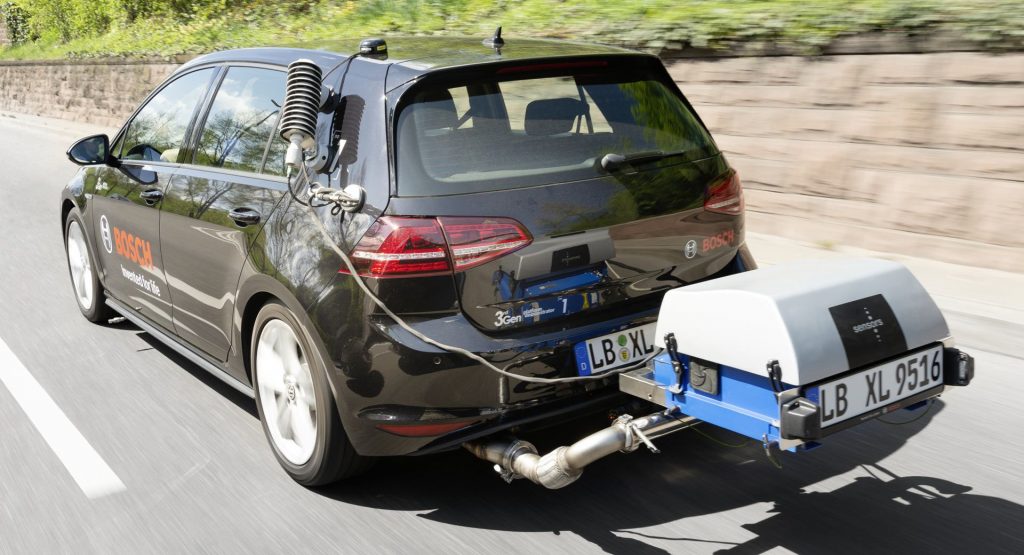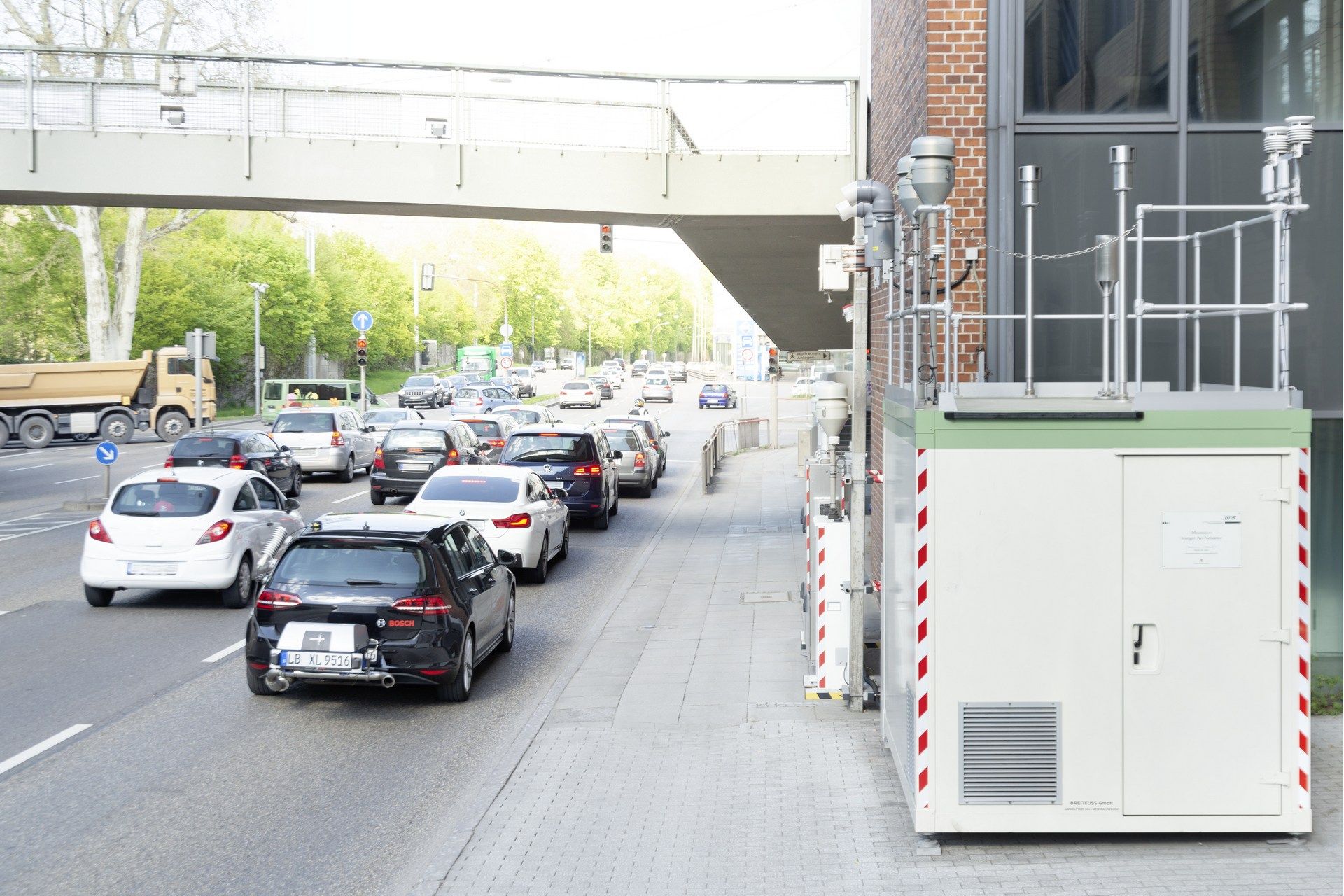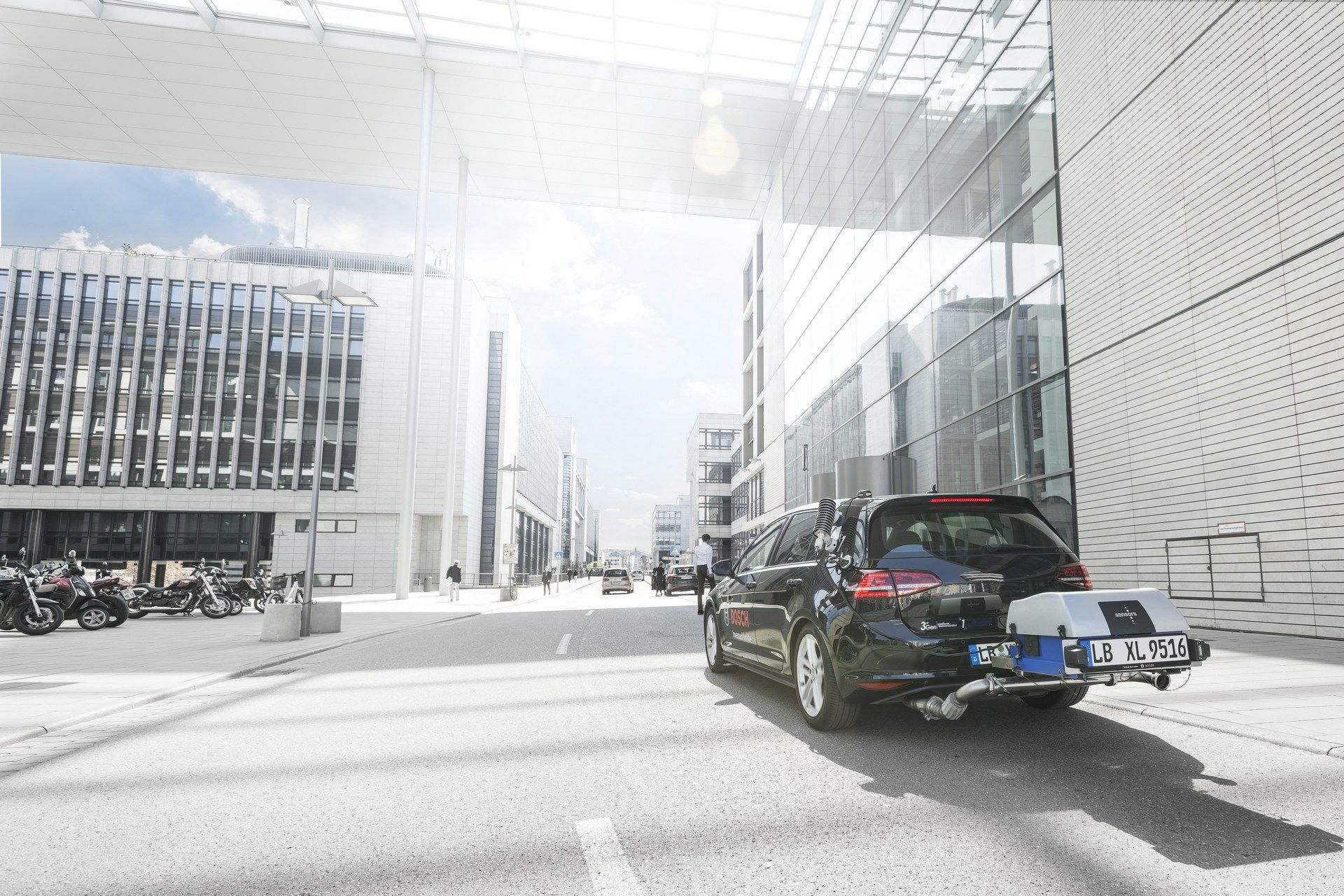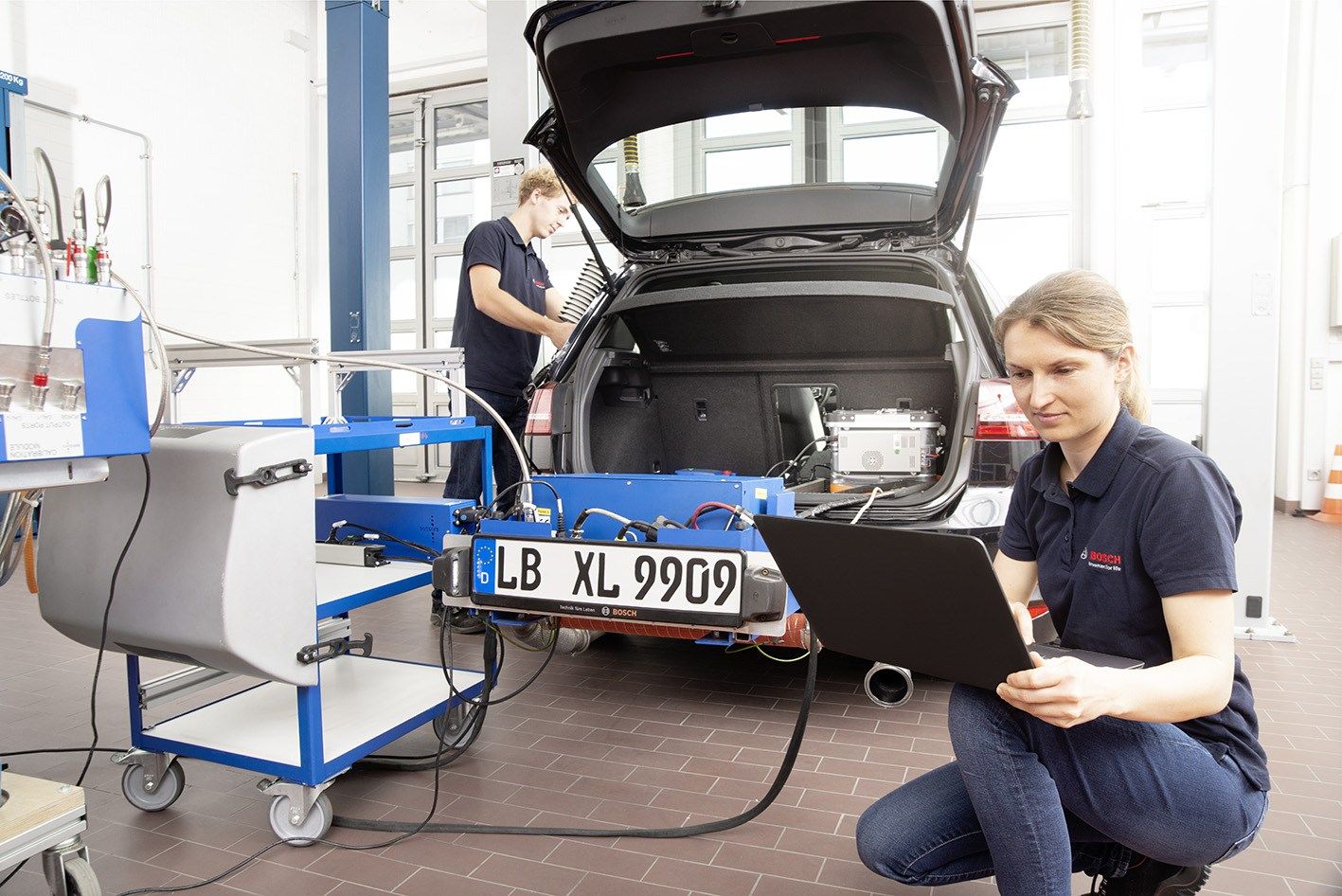Bosch was one of the key players in Volkswagen’s dieselgate scandal and the company eventually paid $327.5 million for its involvement. While the company never admitted wrongdoing, it’s now claiming to have found a way to save the diesel engine.
Speaking at the company’s annual press conference, Bosch CEO Dr. Volkmar Denner said “There’s a future for diesel” for as the company has discovered a “decisive breakthrough in diesel technology.” He went on to say the new technology enables diesel-powered vehicles to have nitrogen oxide emissions as low as 13 mg per kilometer. This is significantly less than the current limit of 168 mg per km and the 2020 limit of 120 mg per km.
Details are limited but the company credits the low emissions to a “combination of advanced fuel-injection technology, a newly developed air management system and [an] intelligent temperature management [system].” The supplier went on to say the low emissions were achieved by refining existing technologies and there is no need for additional components which would drive up costs. Furthermore, the changes “do not significantly impact” fuel consumption.
Denner said “Bosch is pushing the boundaries of what is technically feasible” and models equipped with the latest technology would be affordable despite being classified as low-emission vehicles. He went onto say the company firmly believes diesel engines will continue to play an important role in the future of mobility until electromobility breaks through to the mass market.
Bosch went on say the technology is based on components that are already available so it can be incorporated into projects effective immediately. The company’s CEO also called for more transparency over CO2 emissions, particularly for electric vehicles, as this would provide drivers with a “more realistic picture of the impact of this form of mobility on the climate.”








